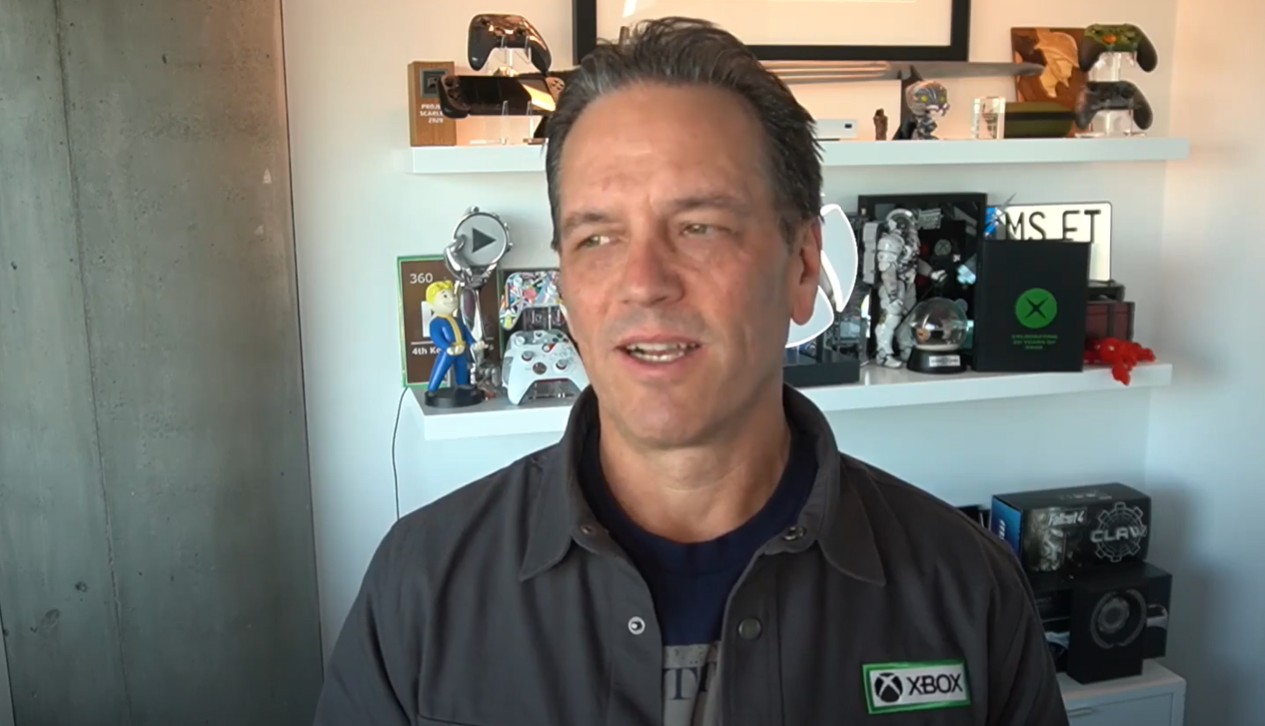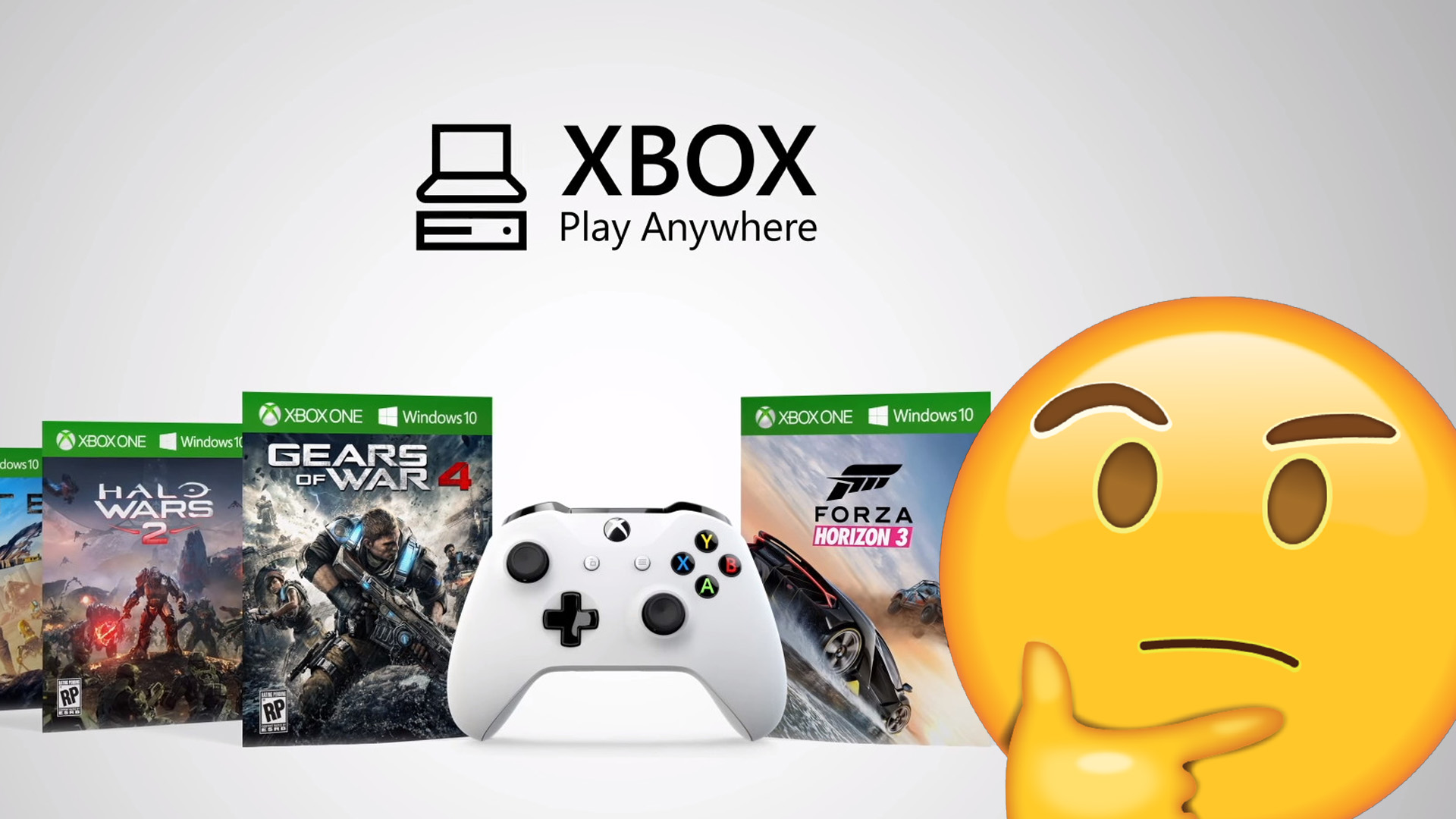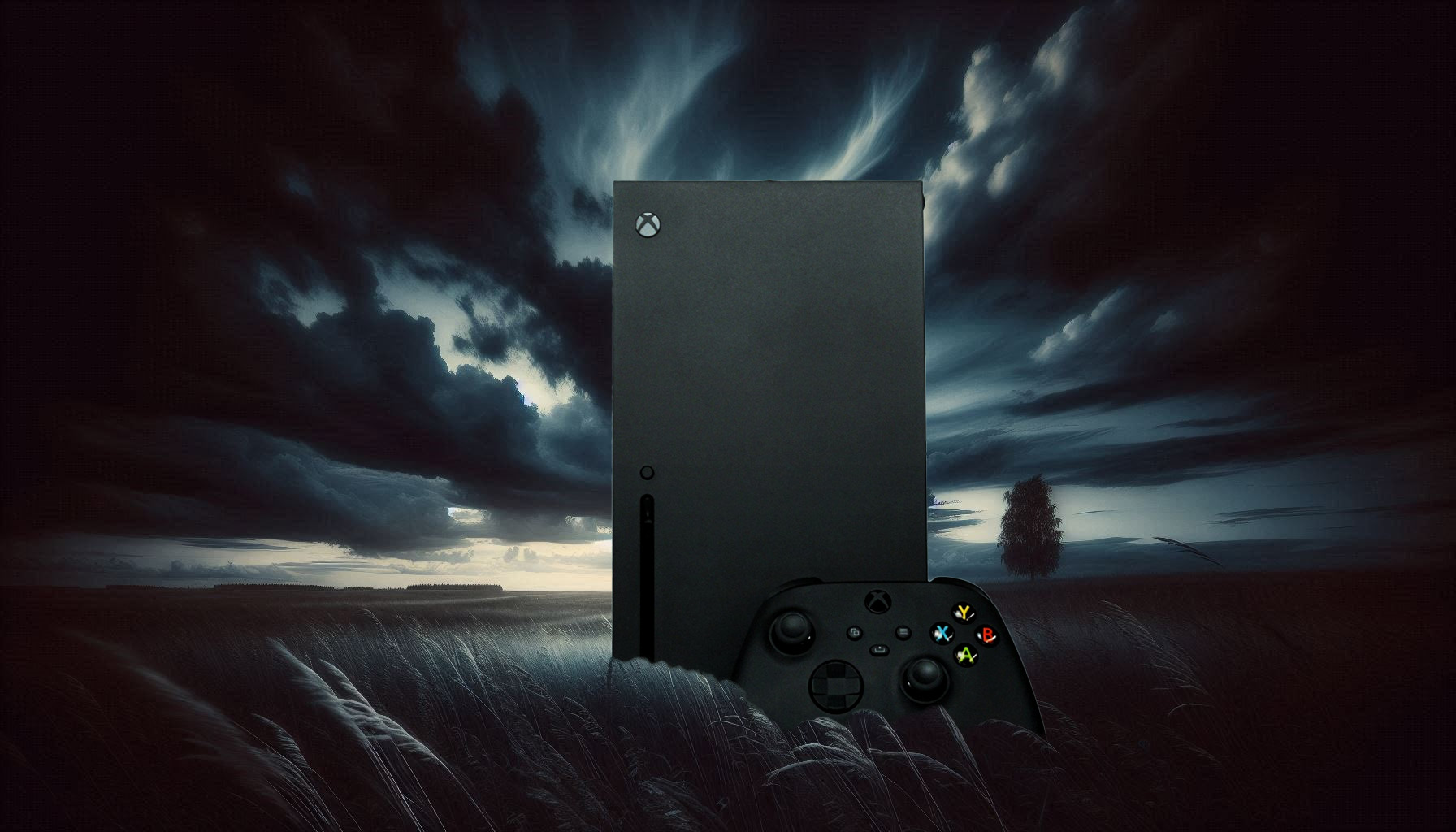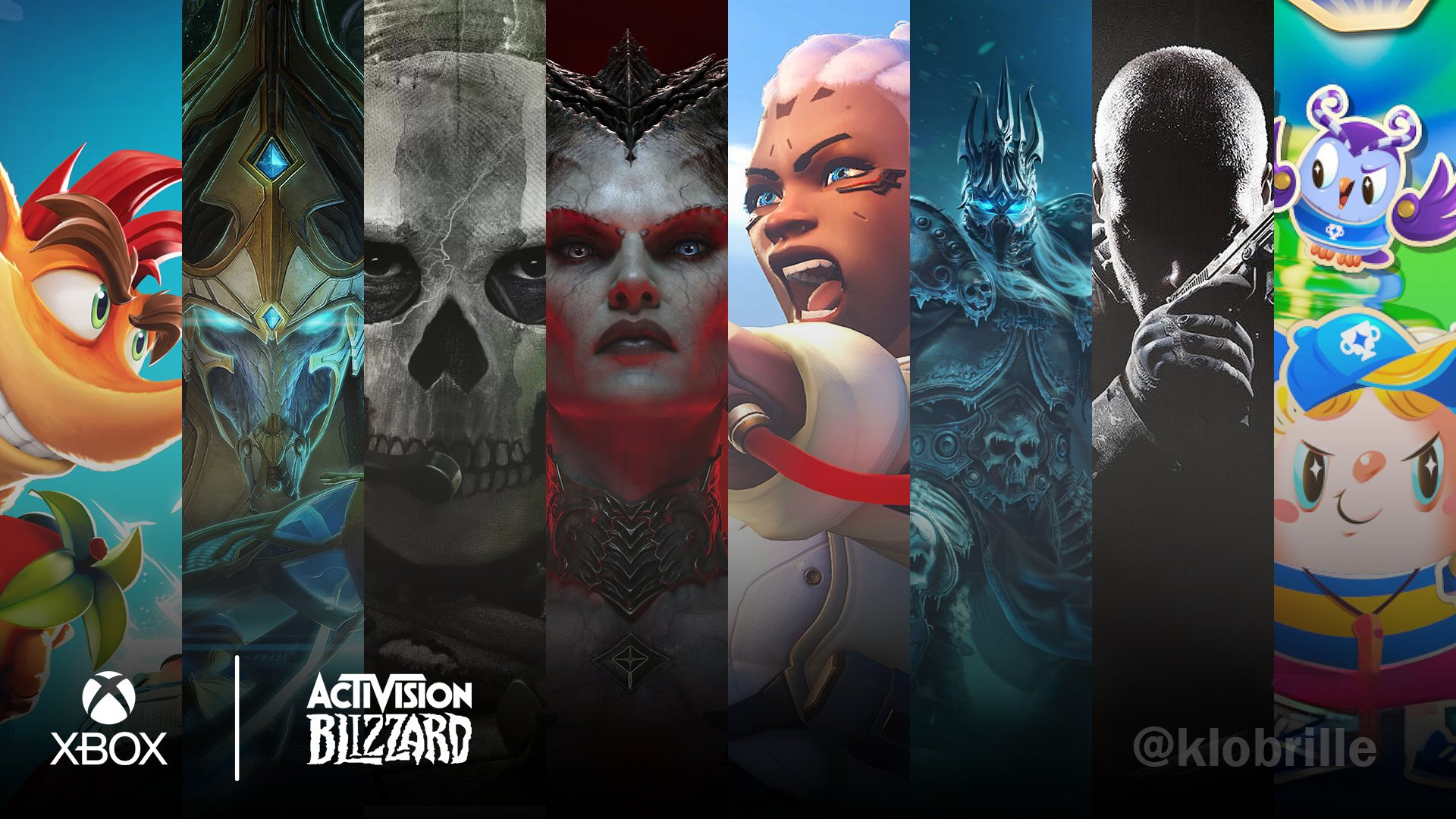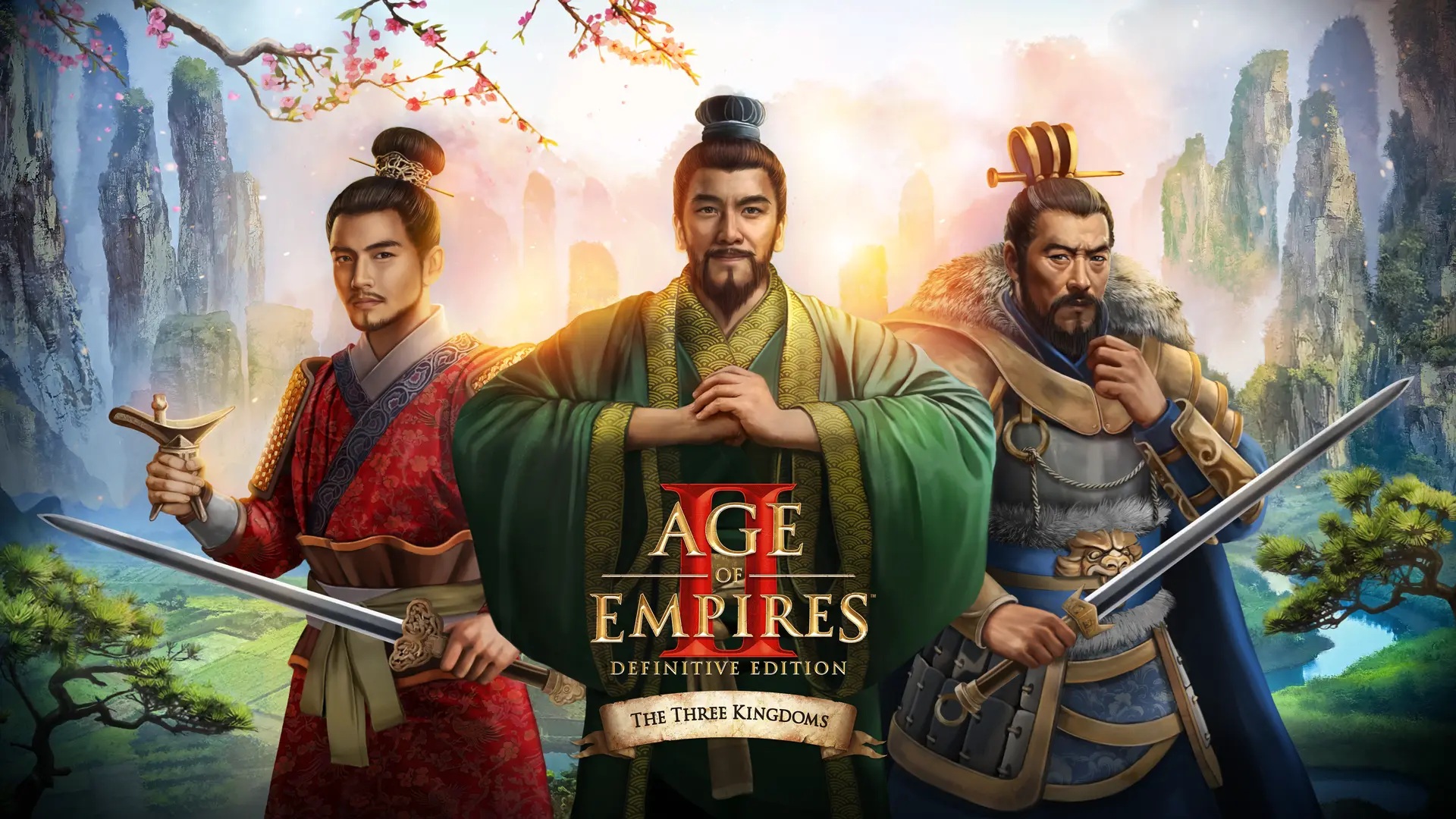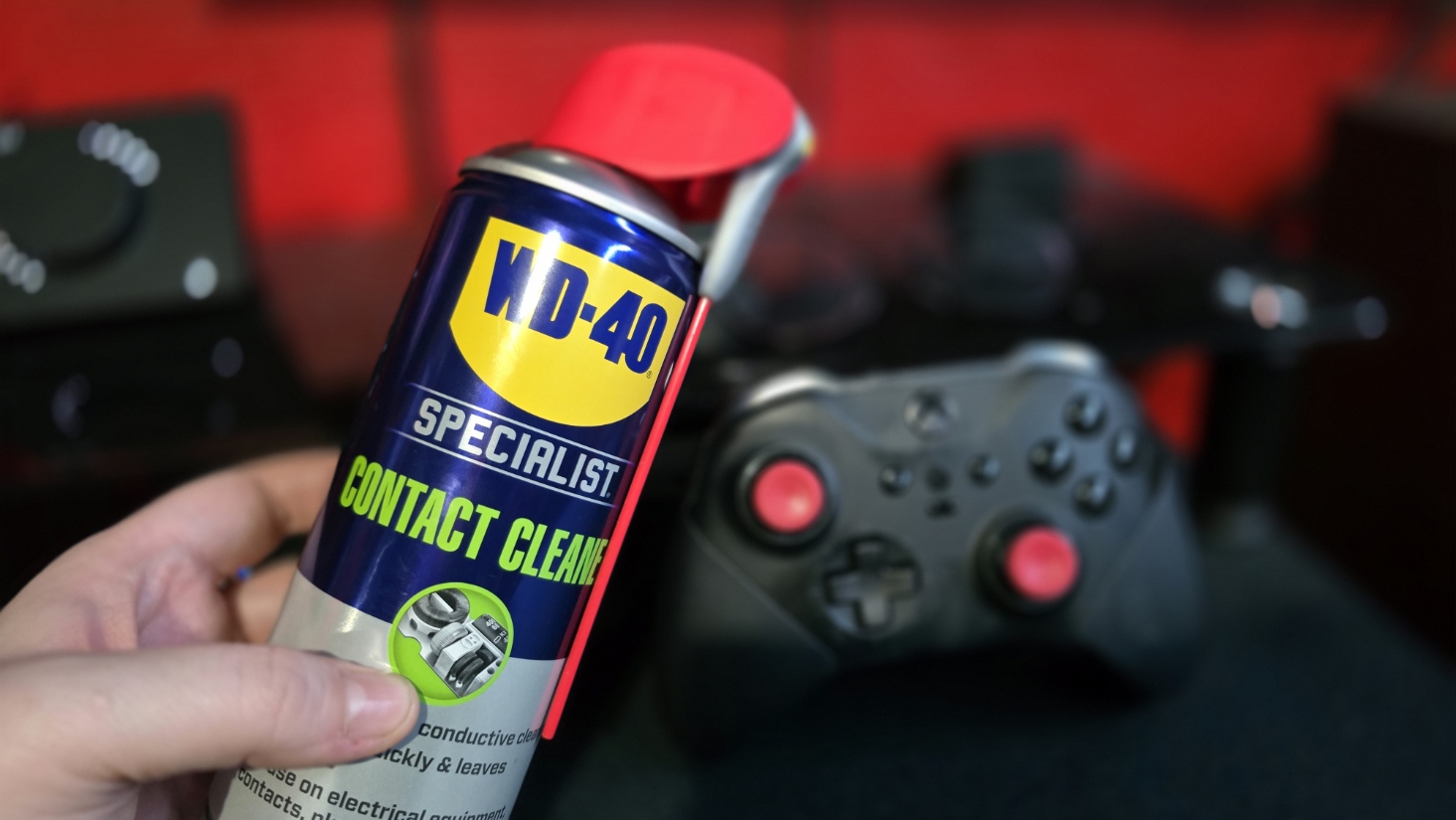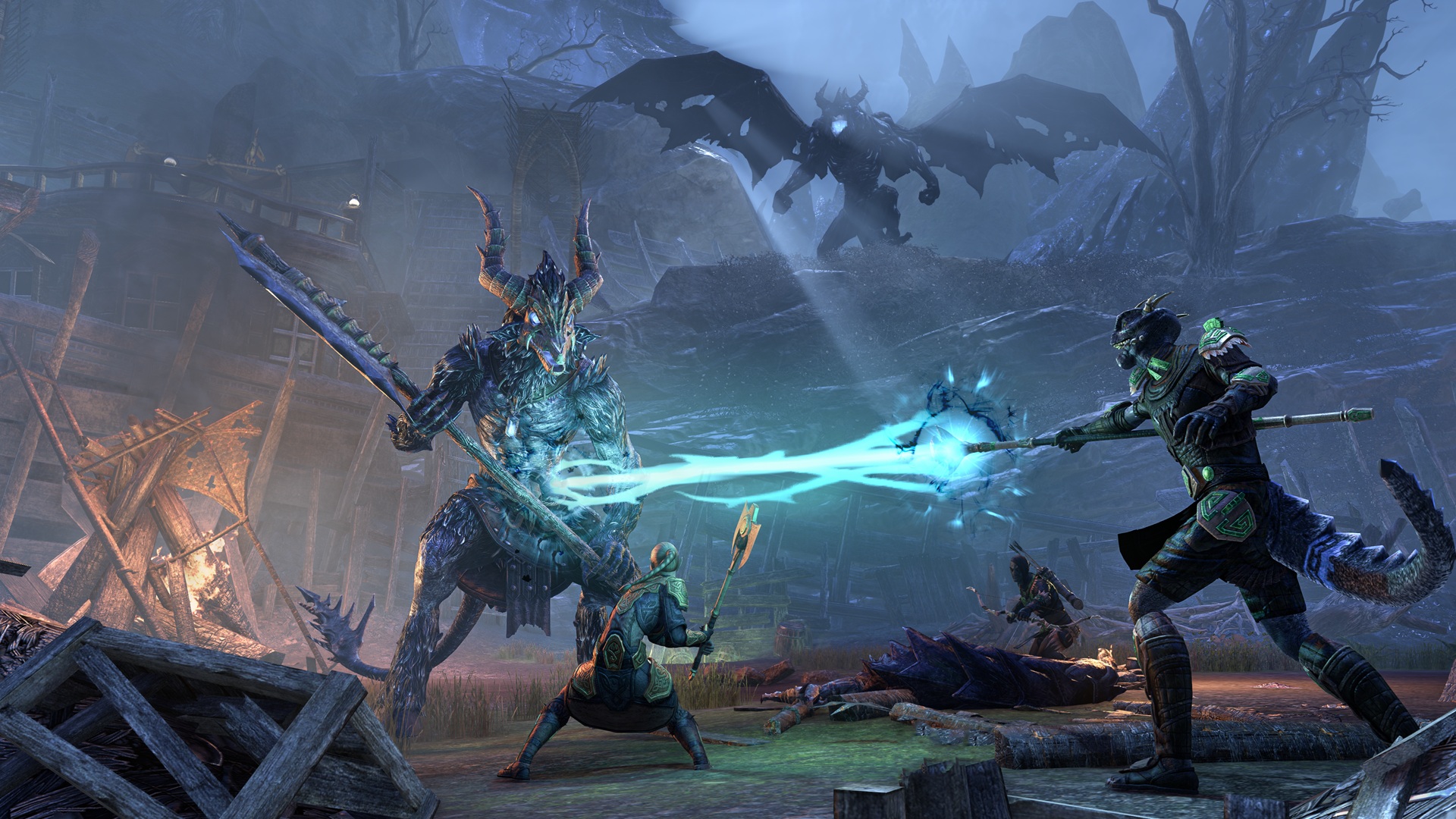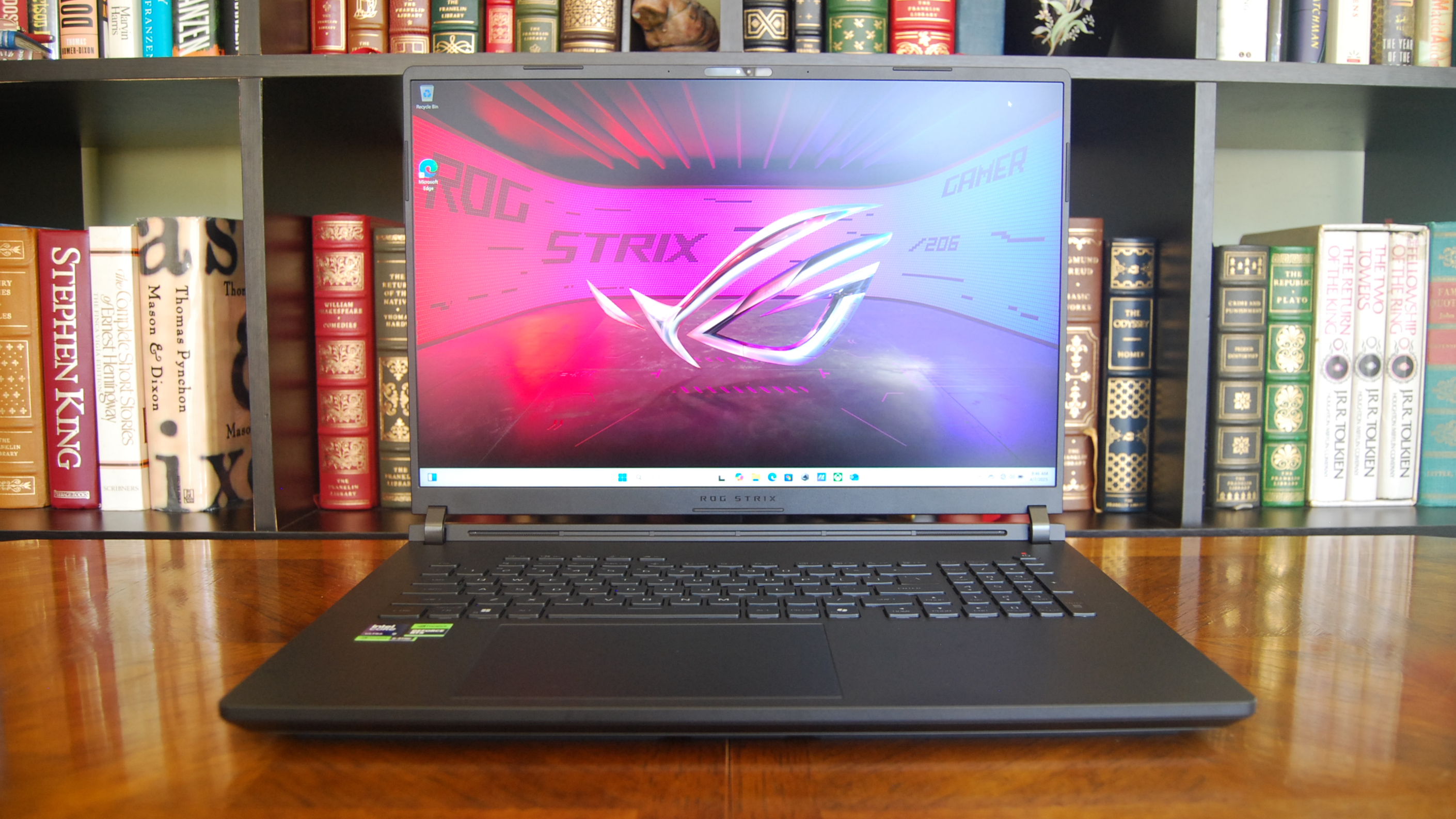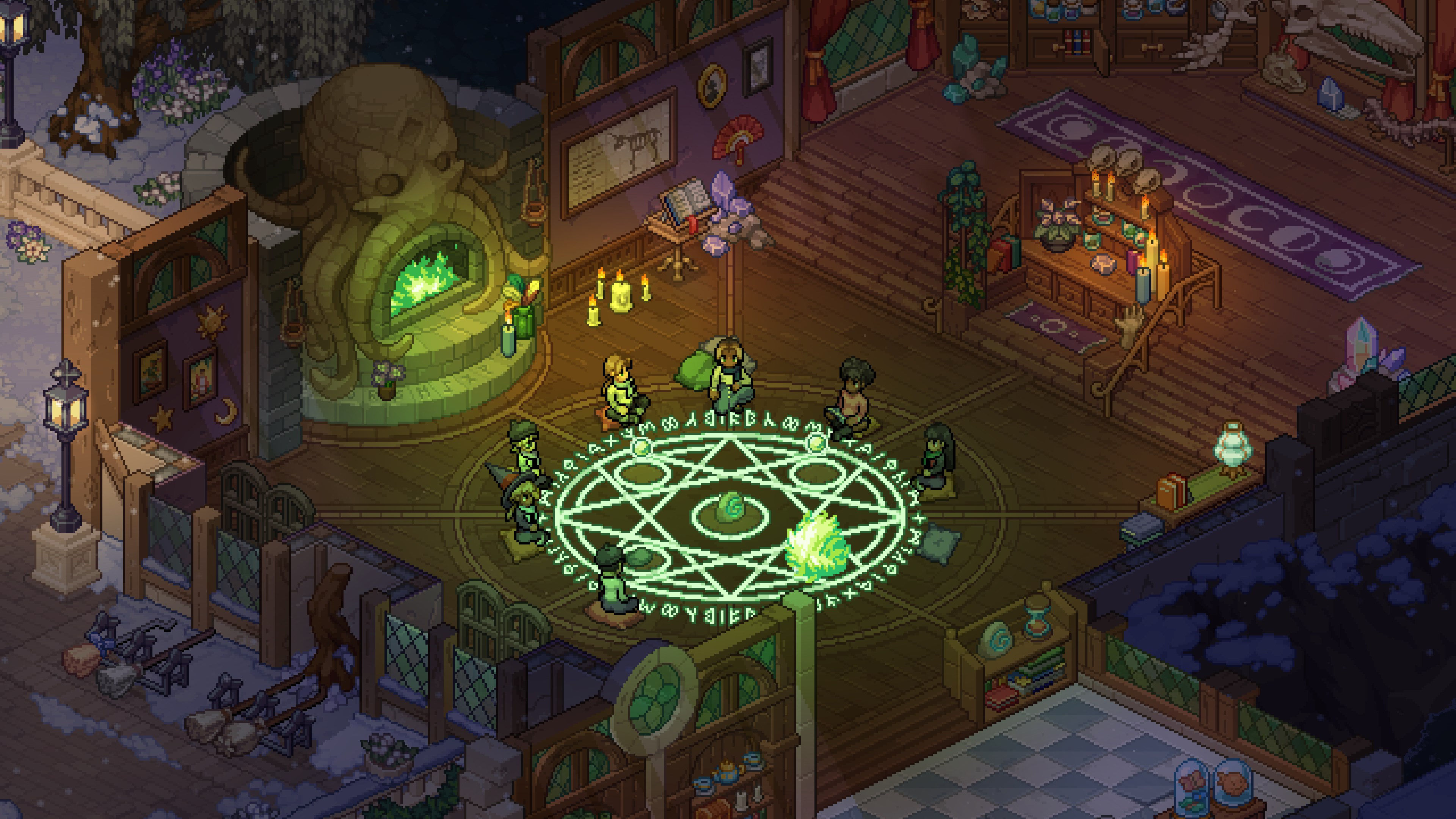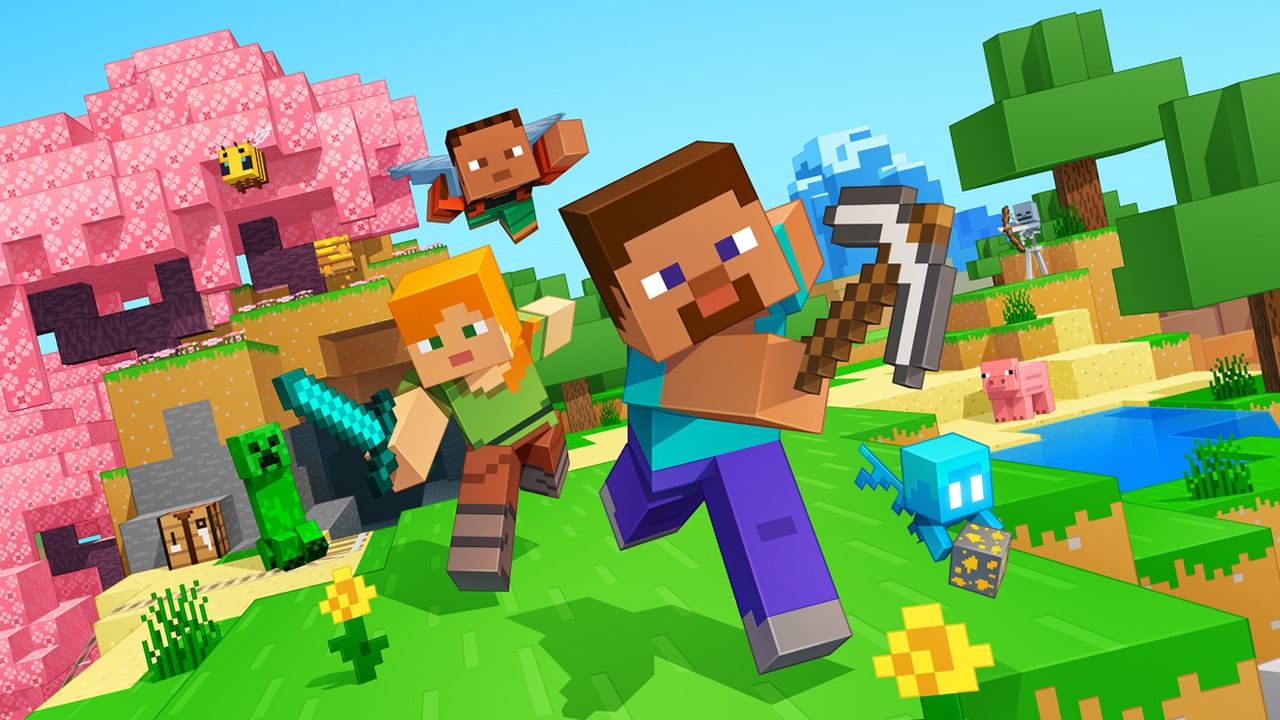When you purchase through links on our site, we may earn an affiliate commission.Heres how it works.
I was unable to confirm, nor refute, those rumors.
But it wouldn’t be the last time I’d hear similar.
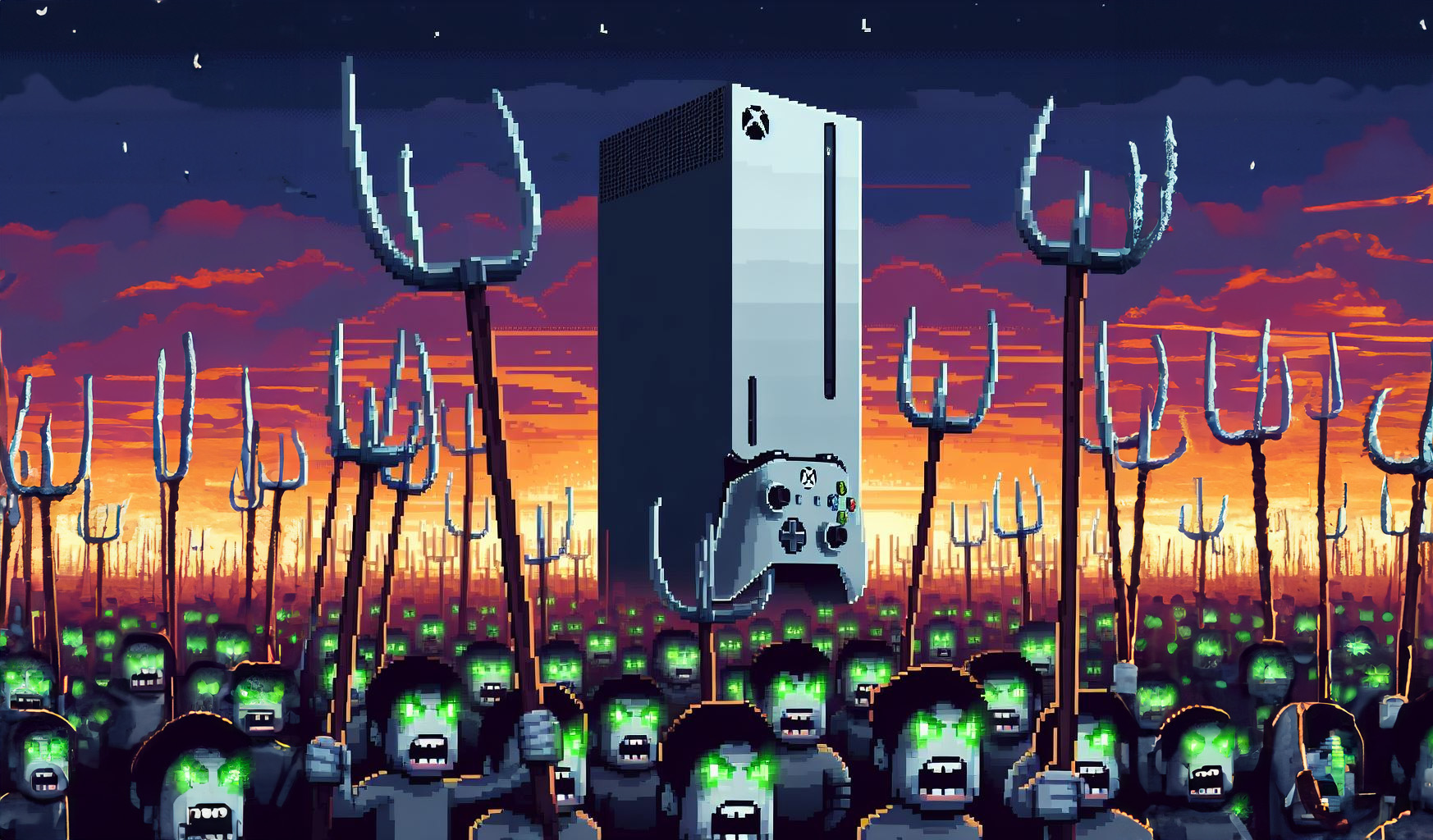
This detailed graphic offers a breakdown of how Microsoft’s increasingly diversified business portfolio looks (via@EconomyApp).
Naturally, all of this caused uproar within the Xbox community faithful, for a variety of reasons.
Besides the most aggressive console fanboys, nobody is necessarily against more people getting to play more games.
Gatekeeping sucks in general, whether it’s Apple, Google, Microsoft, or whoever else.
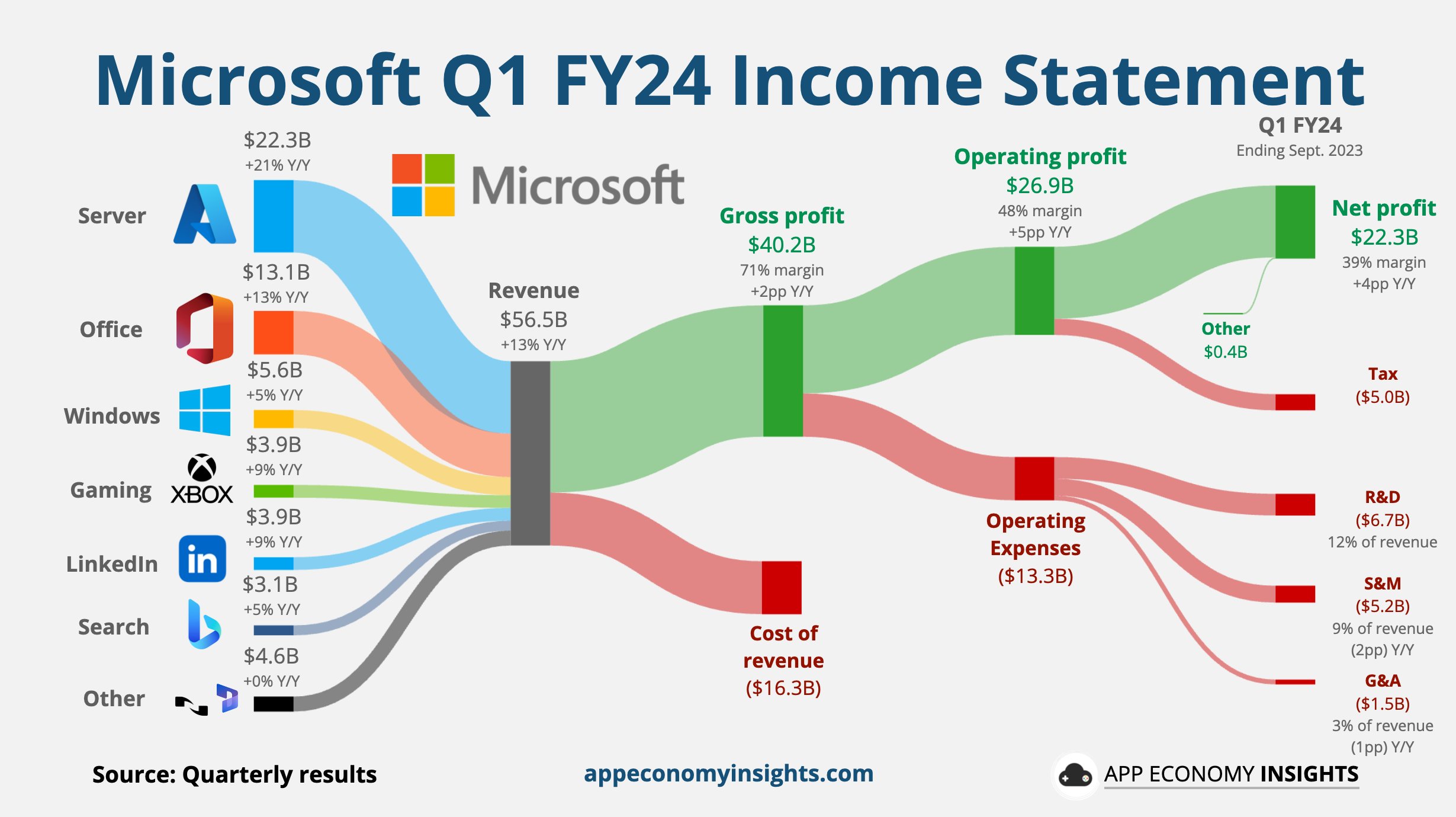
This detailed graphic offers a breakdown of how Microsoft’s increasingly diversified business portfolio looks (via@EconomyApp).
However, we don’t live in an ideal corporate world.
Eroding the consistency of Xbox’s first-party, in my view, does exactly that.
The business of gaming is software and services more than ever.
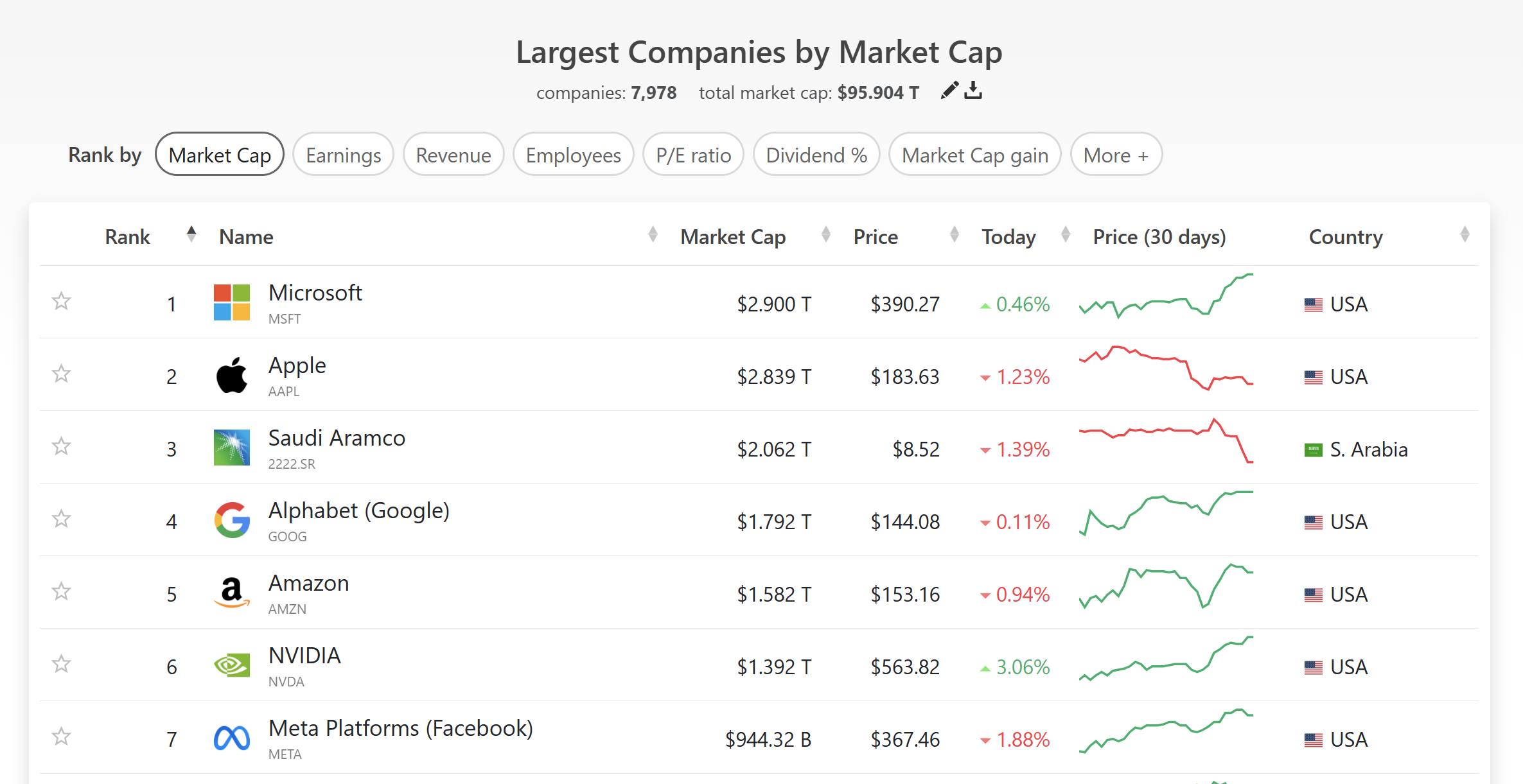
Consoles as we all know and should appreciate by now are sold at cost.
Much like inkjet printers, you sell the printers cheap, and make money on the ink.
Ink being games, microtransactions, and subscription services in this case.
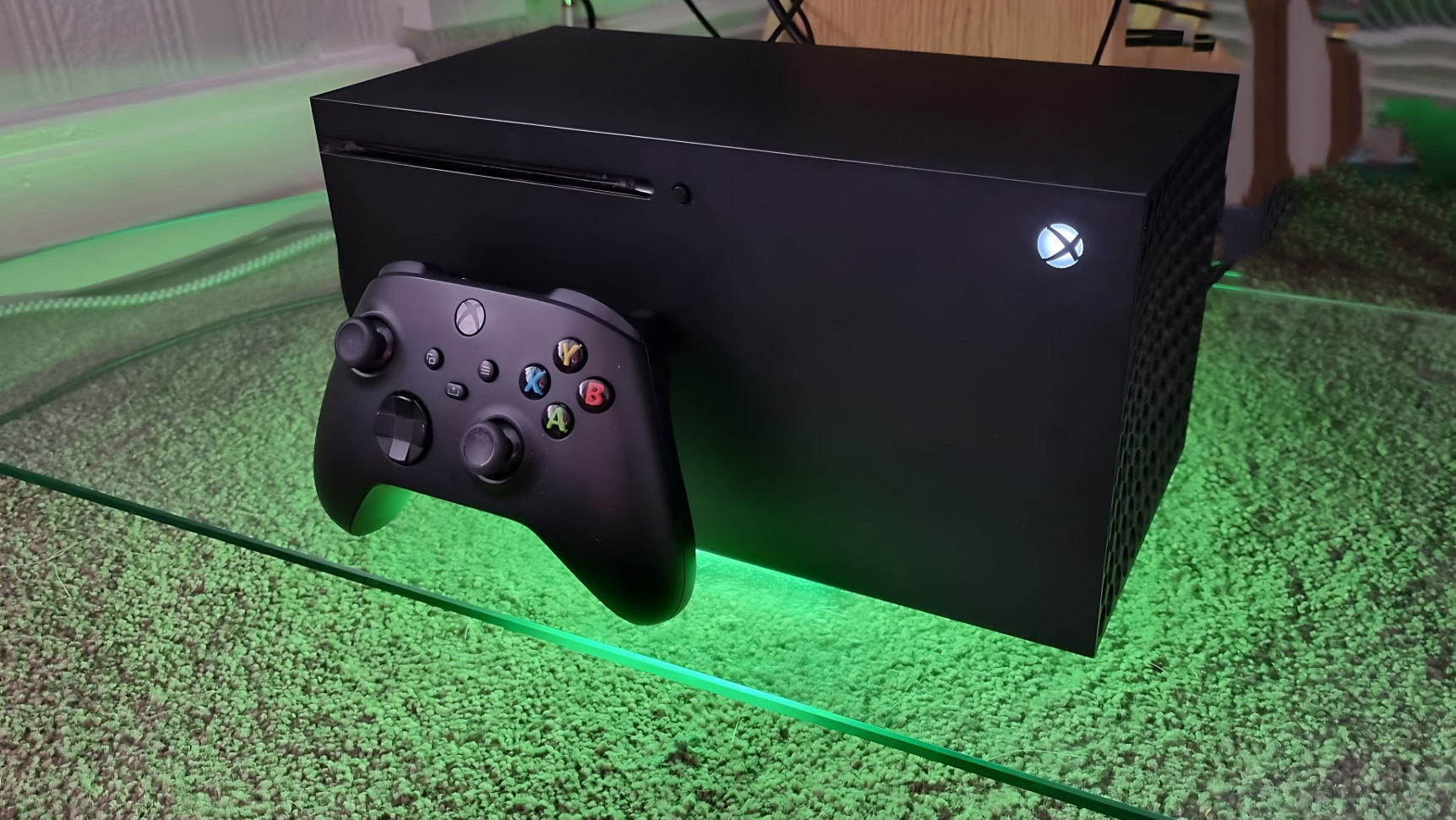
Xbox hardware still trails behind that of its Japanese competitors.
Each plays to their unique strengths.
And the margins are far better on paper than a raw console sale.
This is the Microsoft that supports Linux, supports Apple Mac and iPad, is innovating with A.I.
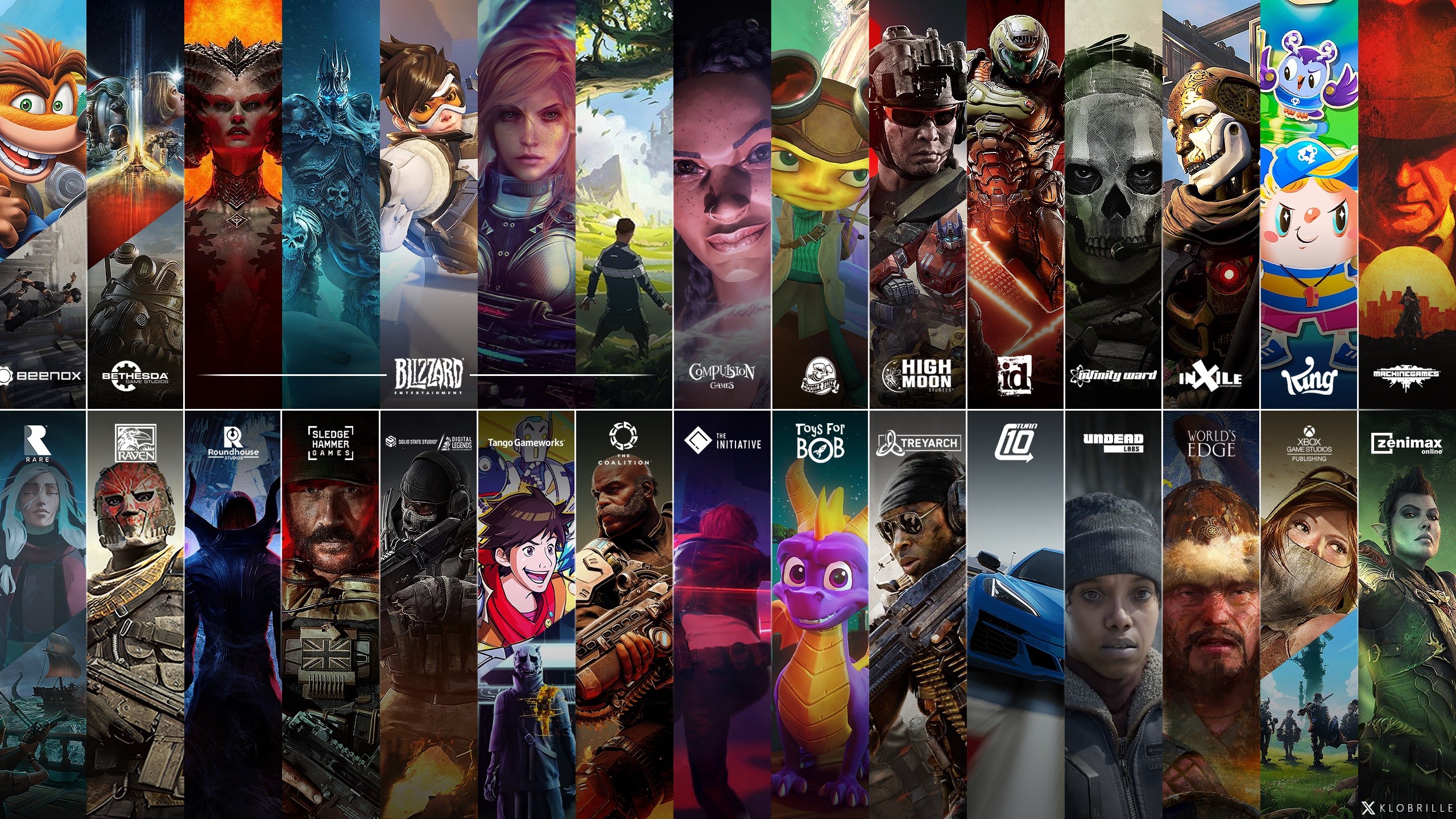
The vast scale of franchises, characters, and worlds Microsoft now owns is crazy. So, (if the rumors are true), why aren’t they willing to wait to use them, and give Xbox hardware a chance?
and cloud services, and now commands industry-breaking franchises like Call of Duty.
But that’s what I keep coming back to, ultimately.
I’m still trying to work out how it would benefit today’s Xbox customers.
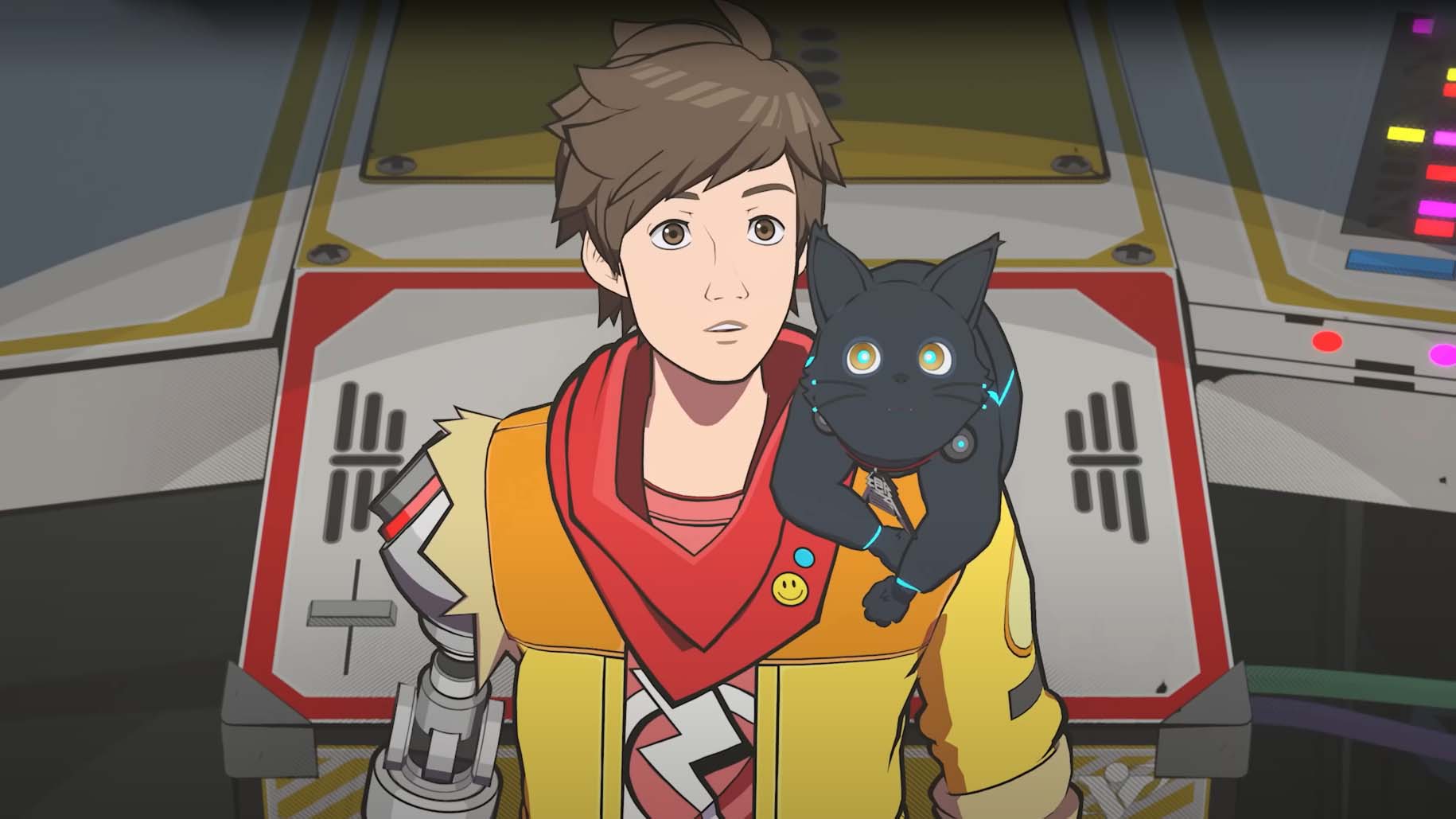
The discourse began when rumors swirled that Microsoft was exploring launching Hi-Fi Rush or Sea of Thieves onto competing console platforms.
But I’m not sure how Microsoft expects to grow Xbox Game Pass without growing the Xboxconsoleplatform.
I’ve written previously about how Xbox is the apex of the Xbox ecosystem.
The European Union might be doing it, but it doesn’t look like the United States will.
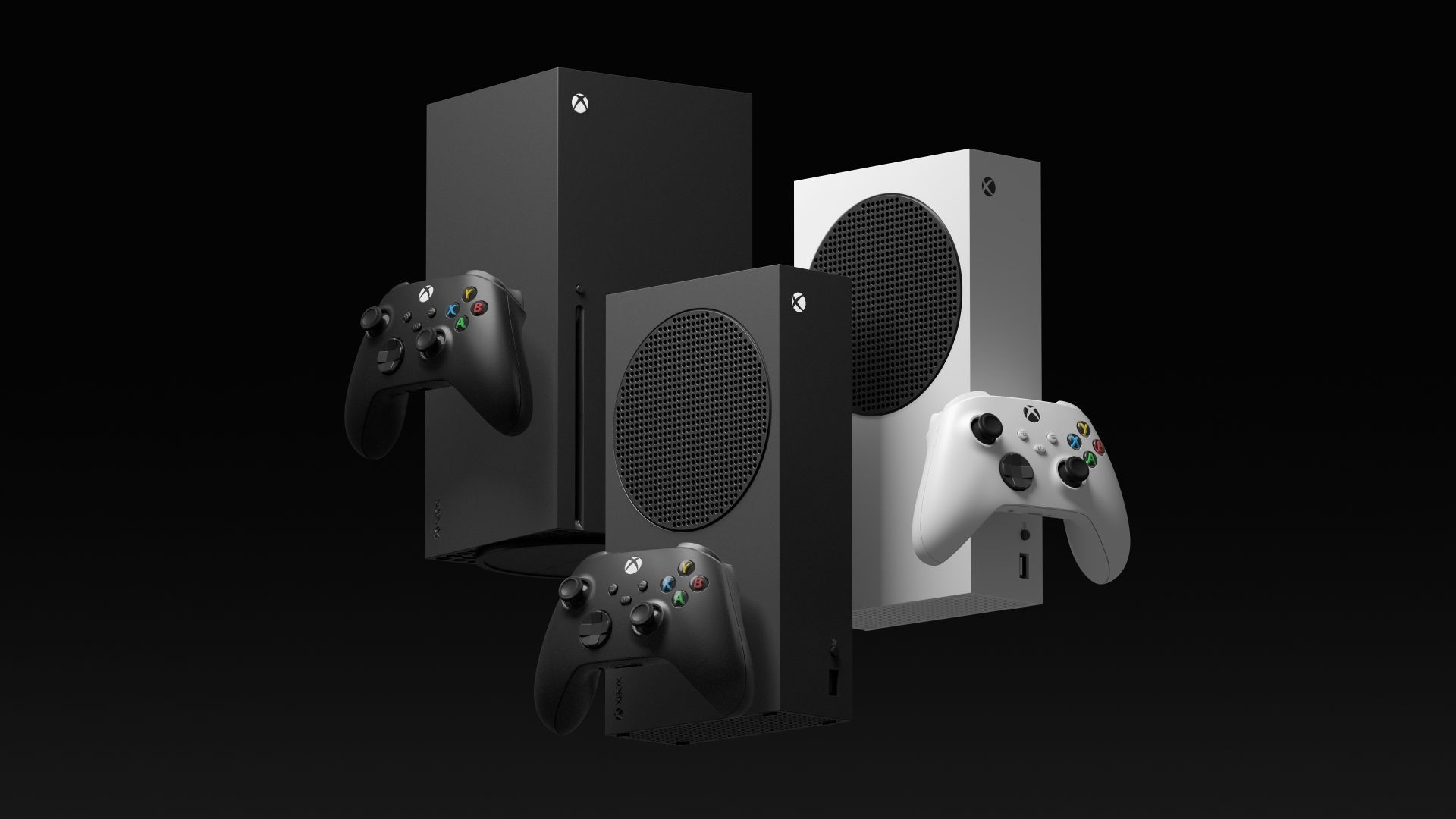
Cloud gaming adoption is also uncertain right now, owing to the physical constraints of the tech.
Xbox’s core strength remains console gaming, and remains the focal point of its entire offering.
In our late stage capitalism world, people seem to increasingly resent competition, and simply favor convenience.

Maybe you would see Team Fortress 3, or at least some semblance of ongoing support for TF2.
Maybe there would be a Portal 3.
The same most likely would not be true of some of the other publicly-traded gaming companies.

If PlayStation completely vaporized Xbox and Nintendo, perhaps it would rest on its laurels in the same way.
As it stands, no, PlayStation competes, and they compete hard.
Giving up your exclusive games to competing platforms is a great way to reduce competition and increase platform consolidation.

And therein lies the core concern that Xbox fans have about all of this.
Less Xbox hardware sales means a smaller addressable audience for subscription services.
That also means a less desirable proposition for third-party game developers.

Without new Xbox console hardware coming in, eventually, all those digital games you purchased would become useless.
You cannot resell them, you cannot get a refund.
And frankly, Xbox fans, Xboxcustomersdeserve better than this.

Which is why I will push back on this thought process, and continue to push back on it.
Is it not enough?
If not, Microsoft needs to come clean about it.
